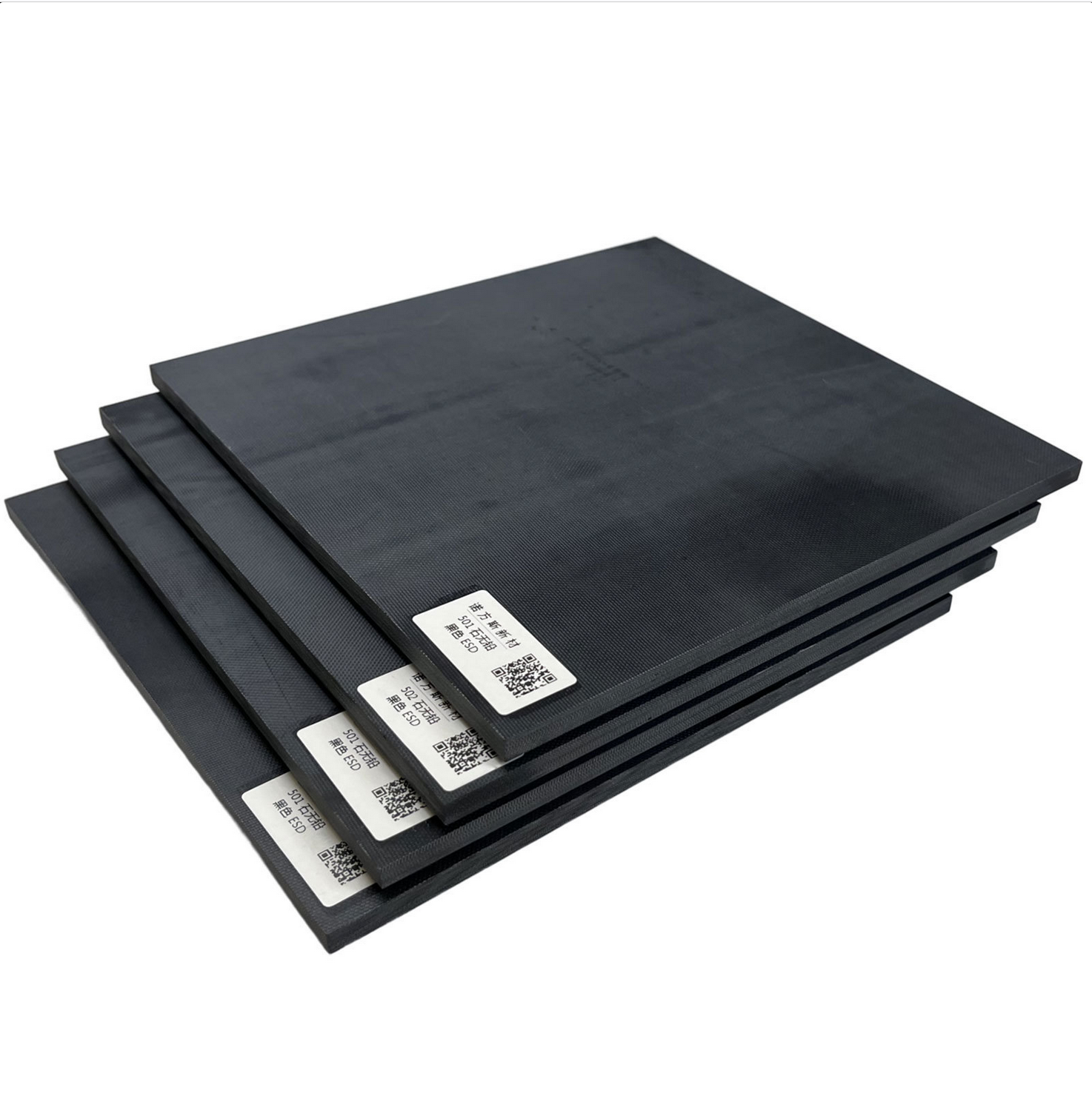Wave soldering and reflow soldering on the application of tooling materials requirements
Time:
2024-12-10 21:26
The application requirements of wave soldering and reflow soldering for fixture materials are as follows:
Wave soldering
-High temperature resistance: During the wave soldering process, the fixture needs to be in contact with high-temperature solder for a long time, and the temperature can reach above 250 ℃. Therefore, materials that can withstand this high temperature without deformation or damage, such as synthetic stone, titanium alloy, etc., should be selected to ensure the service life and welding quality of the fixture
-Corrosion resistance: Flux usually has a certain degree of corrosiveness, and after wave soldering, the fixture needs to be cleaned with a cleaning agent. Therefore, the fixture material should be resistant to the corrosion of flux and cleaning agent. Materials such as fiberglass board and synthetic stone perform well in this regard

-Strength and hardness: The fixture should bear the PCB board and ensure its stability during the welding process. It needs to have high strength and hardness to prevent deformation or damage due to external forces, which may affect the welding accuracy. For example, steel, aluminum alloy, and other commonly used frames for making wave soldering fixtures can provide sufficient support
-Thermal conductivity: Good thermal conductivity can quickly and evenly transfer heat to the PCB board, ensuring welding effect and reducing problems such as virtual soldering and solder leakage caused by uneven heat. Metal materials generally have good thermal conductivity, and some composite materials can also meet the requirements
-Dimensional stability: In high-temperature environments, the dimensions of the fixture material should remain stable to ensure precise fit with the PCB board and avoid PCB board displacement or poor soldering caused by changes in fixture dimensions. Materials such as synthetic stone and titanium alloy have low thermal expansion coefficients and good dimensional stability
-Anti static performance: Electronic products are sensitive to static electricity, and fixtures need to have anti-static performance to prevent static discharge from damaging electronic components. This requirement can be met by adding anti-static agents or using anti-static materials to make fixtures
Reflow soldering
-Low temperature adaptability: The temperature of reflow soldering is relatively low compared to wave soldering, with a peak temperature generally between 220 ℃ and 240 ℃. However, the fixture material still needs to be able to withstand this temperature without deformation, embrittlement, or other issues. Materials such as aluminum alloy can better adapt to the temperature conditions of reflow soldering
-Thermal stability: The fixture material should maintain stable performance during the heating and cooling cycles of reflow soldering to ensure consistency and reliability in each welding process. Some high-temperature resistant plastics, composite materials, etc. have good thermal stability and are suitable for reflow soldering fixtures
-Precision retention: Reflow soldering requires high welding accuracy, and the fixture needs to ensure precise placement and positioning of electronic components. The material should have good mechanical processing performance and dimensional accuracy to meet the precision requirements of fixture manufacturing, such as steel, aluminum alloy, etc., which can achieve high precision through precision machining
-Surface flatness: In order to ensure good contact between the PCB board and the heating element, the fixture surface needs to be flat and smooth to avoid uneven heat transfer due to uneven surface, which affects the welding quality. Metal materials can achieve good surface flatness after processing, and some plastic materials can also meet certain flatness requirements.
-Lightweight: On the premise of meeting strength and performance requirements, the lighter the fixture material, the better, which is easy to operate and replace, can improve production efficiency, reduce the labor intensity of operators. Aluminum alloy, plastic and other materials are lighter in weight and are commonly used choices for making reflow soldering fixtures
RELATED NEWS
 中文版
中文版  ENGLISH
ENGLISH 

